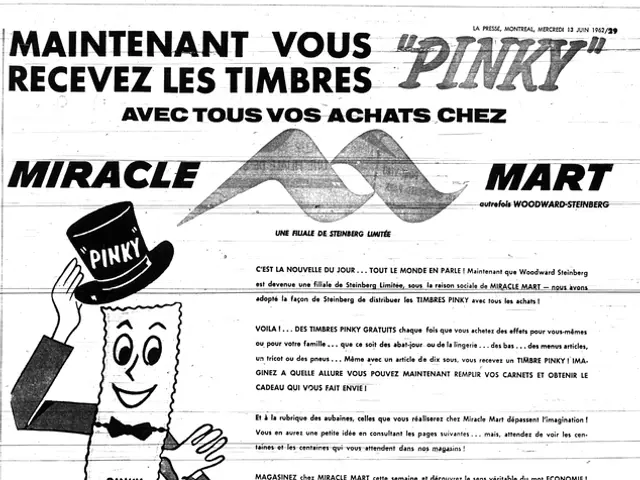Pursuing Perfection in Inbox Communication: Achieving Email Responses Successfully
In the fast-paced world of work, communicating time-sensitive issues effectively with busy colleagues or advisers can be challenging. However, following a few key strategies can help ensure prompt and productive responses.
First and foremost, prioritize timely communication. Inform your colleagues as soon as possible to allow prompt action, but ensure accuracy to avoid confusion or misinformation. Use appropriate channels tailored to urgency and context, such as direct phone calls or messages for immediate alerts, and follow up with emails for detailed instructions.
Break down ambiguity by crafting clear and concise messages. State the issue plainly, explain why their input matters, and specify exactly how they can assist. Avoid jargon and long explanations to make the message more digestible. Clarify how they can best help by explicitly stating the type of support or decision needed. Lead with empathy and transparency, acknowledging their busy schedules, while communicating the importance and urgency of the issue.
Remember that many people enjoy sharing knowledge and helping others. Adopting a mindset of empathy and clear, polite communication can be productive. If no response is received after the specified date, a follow-up message can be sent. If a time-sensitive but not immediate issue arises, set a date for a response.
When reaching out to a mentor or teammate, breaking down ambiguity can help in articulating current understanding and questions. If a concept key to a task is difficult to understand, it's advisable to reach out for help. State the deadline and the desired response date in the initial email. Taking fifteen minutes to break down a problem can help in understanding it better and identifying high priority questions.
Be respectful of the other person's time while being firm about the need for a timely response. Crafting a compelling subject line, personalizing a message, or keeping an email short and sweet does not always guarantee a response. However, maintaining a professional and empathetic tone can encourage cooperation and prompt responses.
For additional tips, Alexis Wu, Engineering Correspondent, can be contacted at [email protected]. Remember, effective communication is key to success in any professional setting. By following these strategies, you can ensure that your time-sensitive issues are addressed promptly and productively.
- In the context of education and self-development, students should make sure to address their senior thesis advisors promptly and accurately, applying the same strategies for clear and respectful communication as in the professional world.
- Balancing the demands of a fast-paced lifestyle with effective technology use, junior students can utilize these communication strategies when collaborating on group projects or completing junior papers, ensuring a productive and successful outcome for everyone involved.








